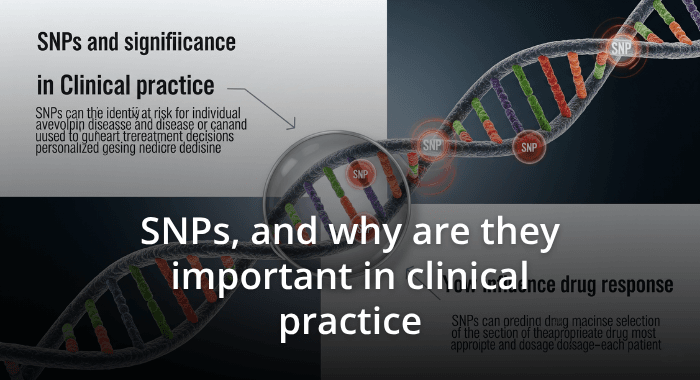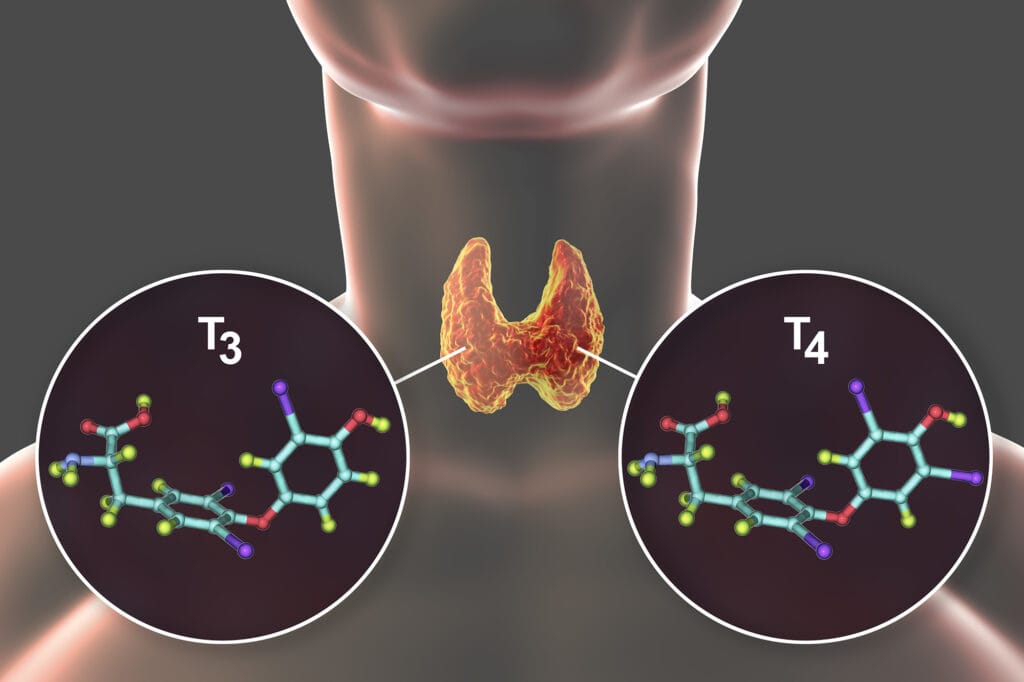What are SNPs, and why are they important in clinical practice?
What are SNPs, and why are they important in clinical practice? SNPs, or single nucleotide polymorphisms, are the most common type of genetic variation. They occur when a single nucleotide (one of the basic structural units of DNA, represented by the letters A, T, C, and G) is replaced with another at a specific position […]
What are SNPs, and why are they important in clinical practice? Read More »









